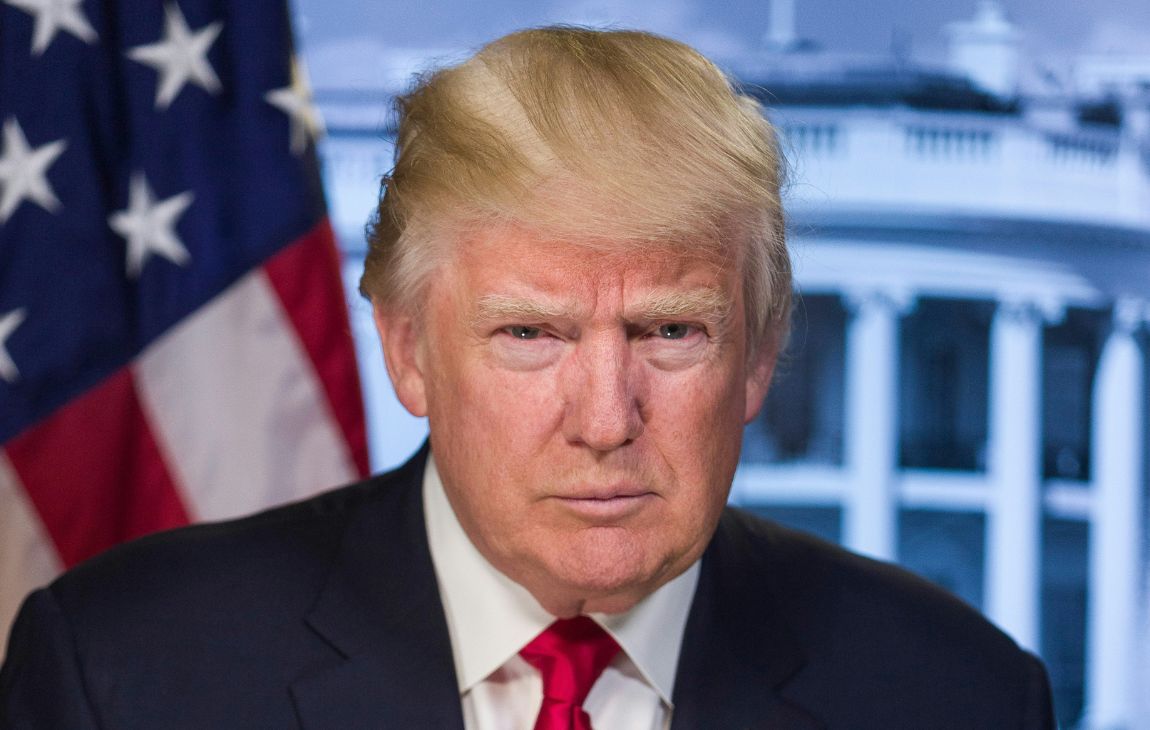
Donald Trump's election in the United States marks a significant moment for the global economy, and Brazil, as one of the main trading partners, may feel the effects of these changes.
With Trump's policies likely to favor protectionism, it is crucial to understand the potential impacts and strategies for the Brazilian market.
Trump proposed tax cuts for American businesses, as well as increases in tariffs on foreign products, ranging from 10% to 20% for most countries, and up to 60% for Chinese products.
These measures, if implemented, could destabilize global trade relations and negatively impact Brazilian exports.
Projections suggest an increase in import tariffs and subsidies for the American industry, promoting an economy more dependent on fossil fuels and less engaged with free trade practices.
These policies are expected to strengthen the dollar and concentrate investments in the U.S. economy, which could result in:
As safer bets for international investors, economies with stronger currencies, such as the United States and the European Union, tend to attract more resources during times of economic instability.
Trump seeks to favor the American economy by creating barriers for other countries. This means reduced access for Brazilian products to reach their second-largest trading partner.
We can anticipate that primarily industrial and commodity sectors, such as agribusiness, steel mills, and the textile industry, will be impacted.
We can expect an unfavorable exchange rate for Brazil in the short term, considering ongoing instabilities in Brazilian politics and economy.
With the U.S. dollar on the rise, higher interest rates and inflation are expected, making it more difficult to obtain credit, increasing the cost of living, and slowing the country's economic growth.
To mitigate the impacts of Trump's protectionist policies, Brazil can adopt several strategies:
Brazilian companies and investors must be attentive to changes in U.S. economic policy and prepare for a potentially volatile environment.
Upside Investment is ready to guide you through these uncertainties, providing tailored strategies to protect and maximize your investments in the new global landscape.
 por Agência de Marketing Digital
por Agência de Marketing Digital
 Upside Investment © 2025
Upside Investment © 2025